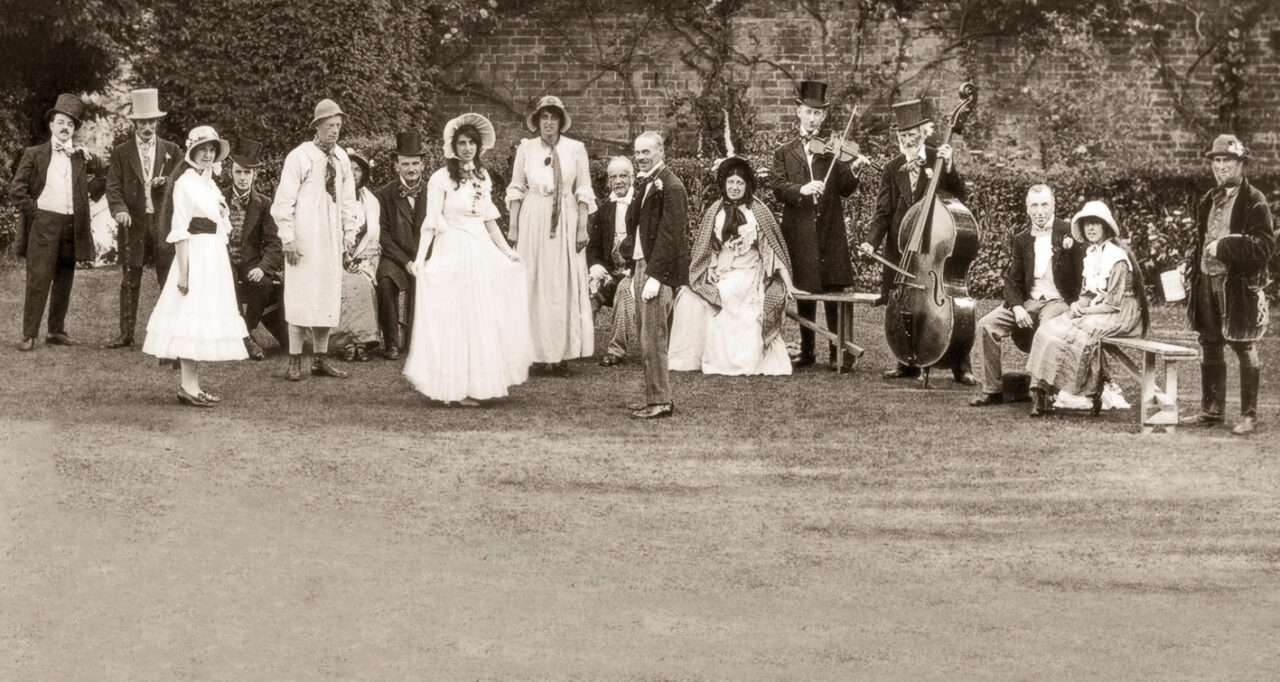Heritage
Categories

Heritage
April 1, 2010
Hardy’s Wessex brought to life – The Story of Dorchester’s ‘Hardy Players’
This Heritage Lottery-funded project uncovered the story of the Hardy Players – an amateur dramatic society in Dorchester, Dorset, who adapted and staged the…
Read more